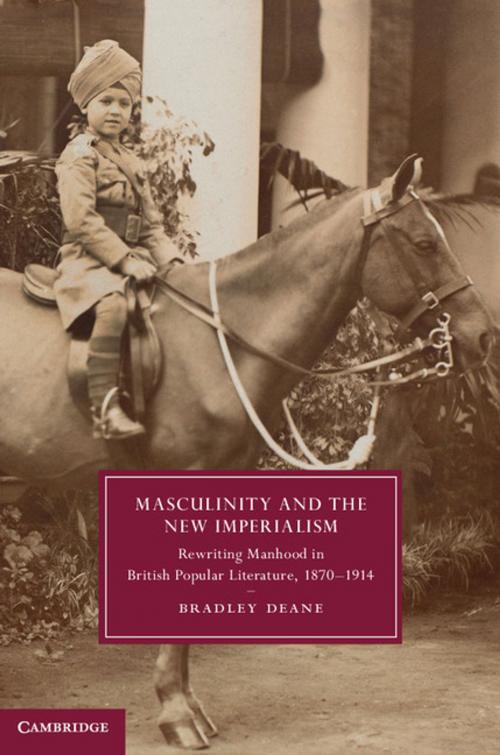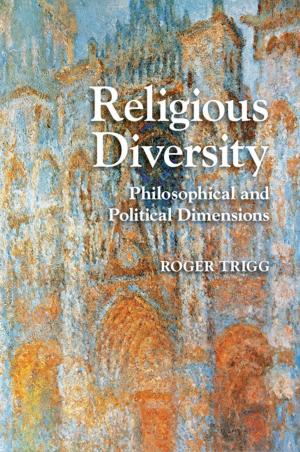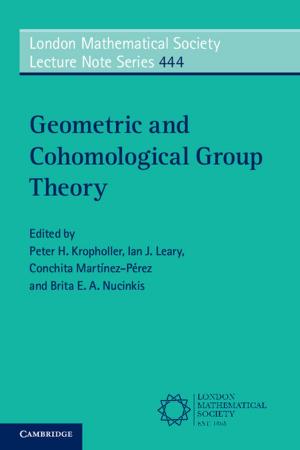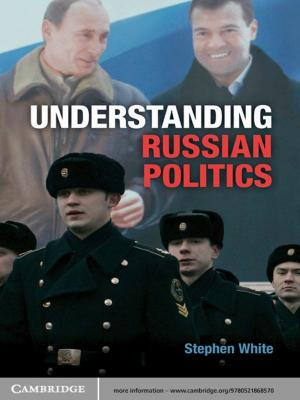Masculinity and the New Imperialism
Rewriting Manhood in British Popular Literature, 1870–1914
Fiction & Literature, Literary Theory & Criticism, British, Nonfiction, Reference & Language, Education & Teaching, Social & Cultural Studies, Social Science| Author: | Bradley Deane | ISBN: | 9781139949743 |
| Publisher: | Cambridge University Press | Publication: | May 29, 2014 |
| Imprint: | Cambridge University Press | Language: | English |
| Author: | Bradley Deane |
| ISBN: | 9781139949743 |
| Publisher: | Cambridge University Press |
| Publication: | May 29, 2014 |
| Imprint: | Cambridge University Press |
| Language: | English |
At the end of the nineteenth century, the zenith of its imperial chauvinism and jingoistic fervour, Britain's empire was bolstered by a surprising new ideal of manliness, one that seemed less English than foreign, less concerned with moral development than perpetual competition, less civilized than savage. This study examines the revision of manly ideals in relation to an ideological upheaval whereby the liberal imperialism of Gladstone was eclipsed by the New Imperialism of Disraeli and his successors. Analyzing such popular genres as lost world novels, school stories, and early science fiction, it charts the decline of mid-century ideals of manly self-control and the rise of new dreams of gamesmanship and frank brutality. It reveals, moreover, the dependence of imperial masculinity on real and imagined exchanges between men of different nations and races, so that visions of hybrid masculinities and honorable rivalries energized Britain's sense of its New Imperialist destiny.
At the end of the nineteenth century, the zenith of its imperial chauvinism and jingoistic fervour, Britain's empire was bolstered by a surprising new ideal of manliness, one that seemed less English than foreign, less concerned with moral development than perpetual competition, less civilized than savage. This study examines the revision of manly ideals in relation to an ideological upheaval whereby the liberal imperialism of Gladstone was eclipsed by the New Imperialism of Disraeli and his successors. Analyzing such popular genres as lost world novels, school stories, and early science fiction, it charts the decline of mid-century ideals of manly self-control and the rise of new dreams of gamesmanship and frank brutality. It reveals, moreover, the dependence of imperial masculinity on real and imagined exchanges between men of different nations and races, so that visions of hybrid masculinities and honorable rivalries energized Britain's sense of its New Imperialist destiny.















